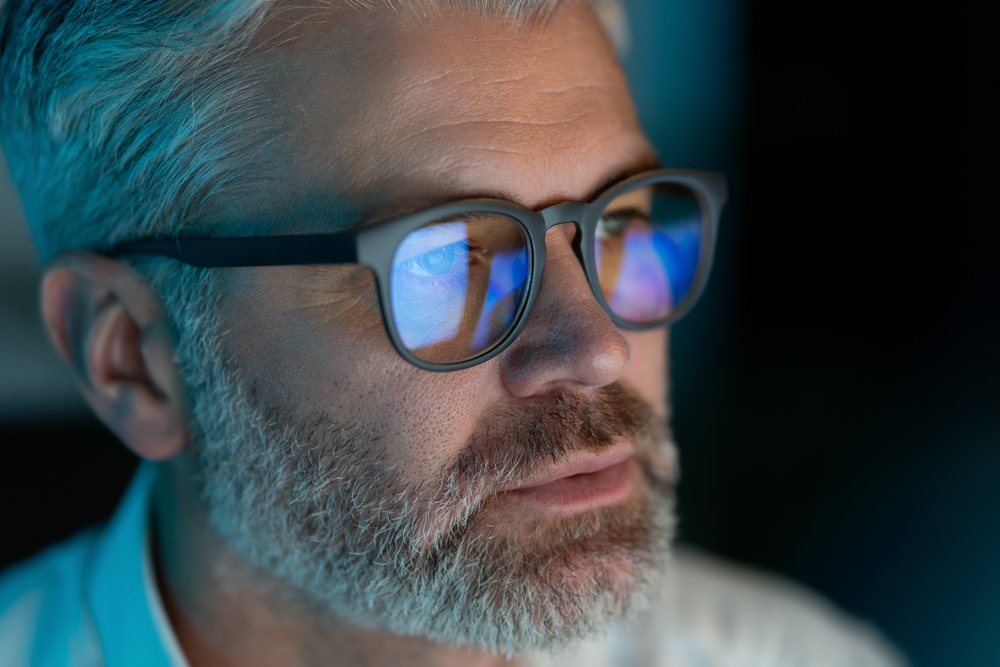Unmasking The Truth Behind Blue Light: Impact On Our Health And Wellness
In a world increasingly run by digital devices, blue light exposure has become an inescapable part of our daily lives. But have you ever paused to ponder the health implications of this ubiquitous light source? This article delves into the science of blue light, its effects on our health, and strategies for mitigating its impact.

The Science of Blue Light
Blue light is a portion of the visible light spectrum with the shortest wavelengths and the highest energy. Historically, our primary source of blue light was the sun, whose daily rise and set served as the natural cue for our bodies’ sleep and wake cycles. However, the advent of modern technology has exponentially increased our exposure to this light.
Blue Light and Health: The Good and The Bad
Blue light isn’t all bad. In moderation, it can boost alertness, improve memory and cognitive function, and elevate mood. Moreover, it helps regulate our circadian rhythm, the body’s natural wake and sleep cycle.
However, excessive exposure, especially at night, can disrupt this rhythm, leading to sleep disturbances and associated health problems. Studies have also suggested a potential link between high levels of blue light exposure and certain eye conditions, including digital eye strain and age-related macular degeneration.
Blue Light and Sleep
One of the most significant health concerns with excessive blue light exposure is its impact on sleep. As blue light suppresses the secretion of melatonin, the hormone that signals our bodies to sleep, overexposure in the evening can make it harder to fall asleep and lead to poorer sleep quality.
Mitigating Blue Light Exposure
With our lives so intertwined with digital devices, completely avoiding blue light can be challenging. However, various strategies can help mitigate its effects:
- Limit screen time in the evening
- Use blue light filters on devices
- Wear blue light blocking glasses
- Expose yourself to plenty of natural light during the day
Blue Light Exposure: A Balance
While the digital age has indeed increased our exposure to blue light, it’s important to remember that not all blue light is harmful. It plays a crucial role in regulating our biological clock and can have positive effects on mood and cognitive function when managed correctly.
Fast Facts On Blue Light
- Blue light has the shortest wavelengths and highest energy in the visible light spectrum.
- It can boost alertness, memory, cognitive function, and mood.
- Overexposure can disrupt the sleep-wake cycle and potentially contribute to eye conditions.
- Strategies to mitigate its effects include limiting evening screen time, using blue light filters, and getting plenty of natural light during the day.
In conclusion, while blue light exposure is a reality of our digital world, understanding its impacts and how to manage it can help us maintain our health and wellness in the face of changing technology. Knowledge is power, and harnessing it enables us to navigate the digital landscape healthily and wisely.





